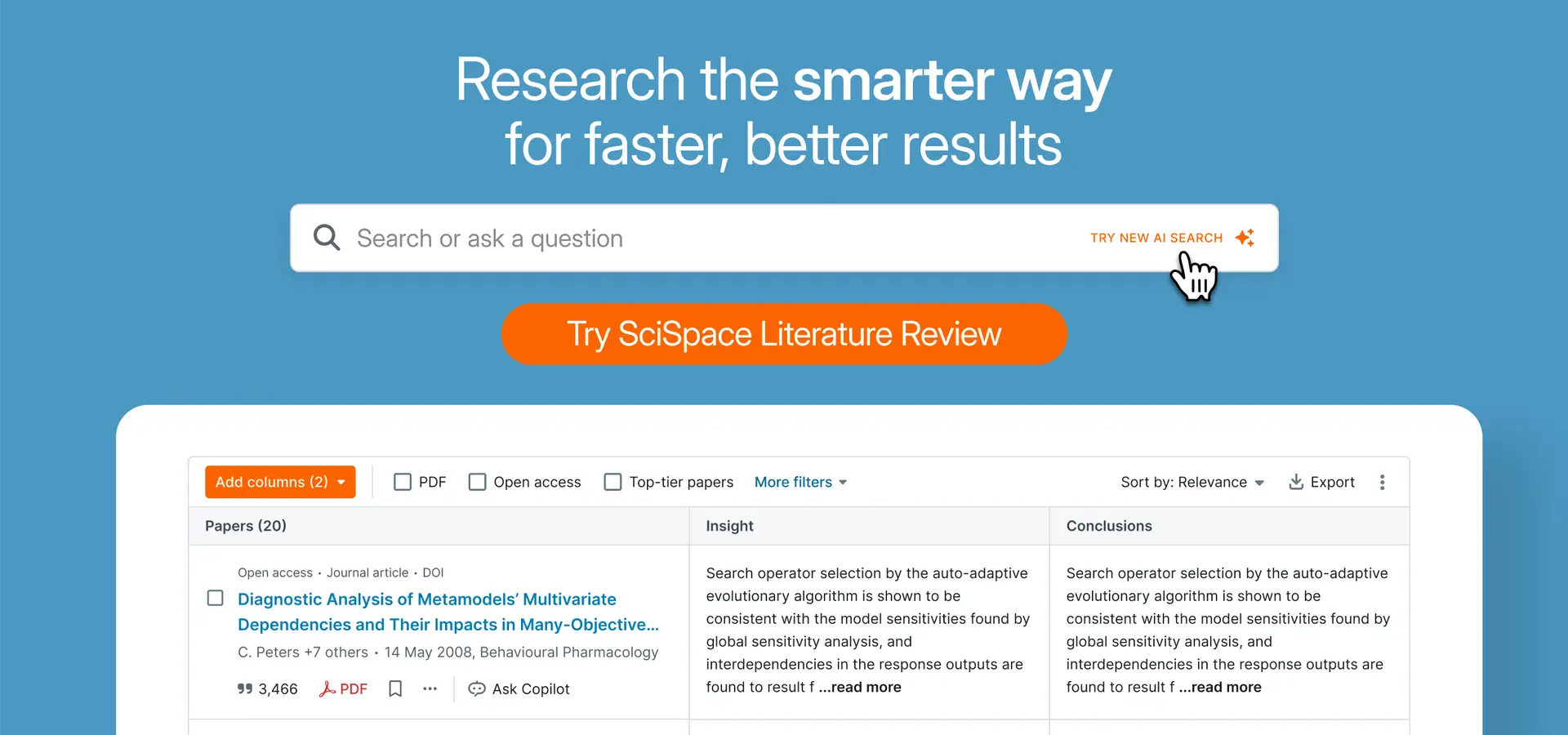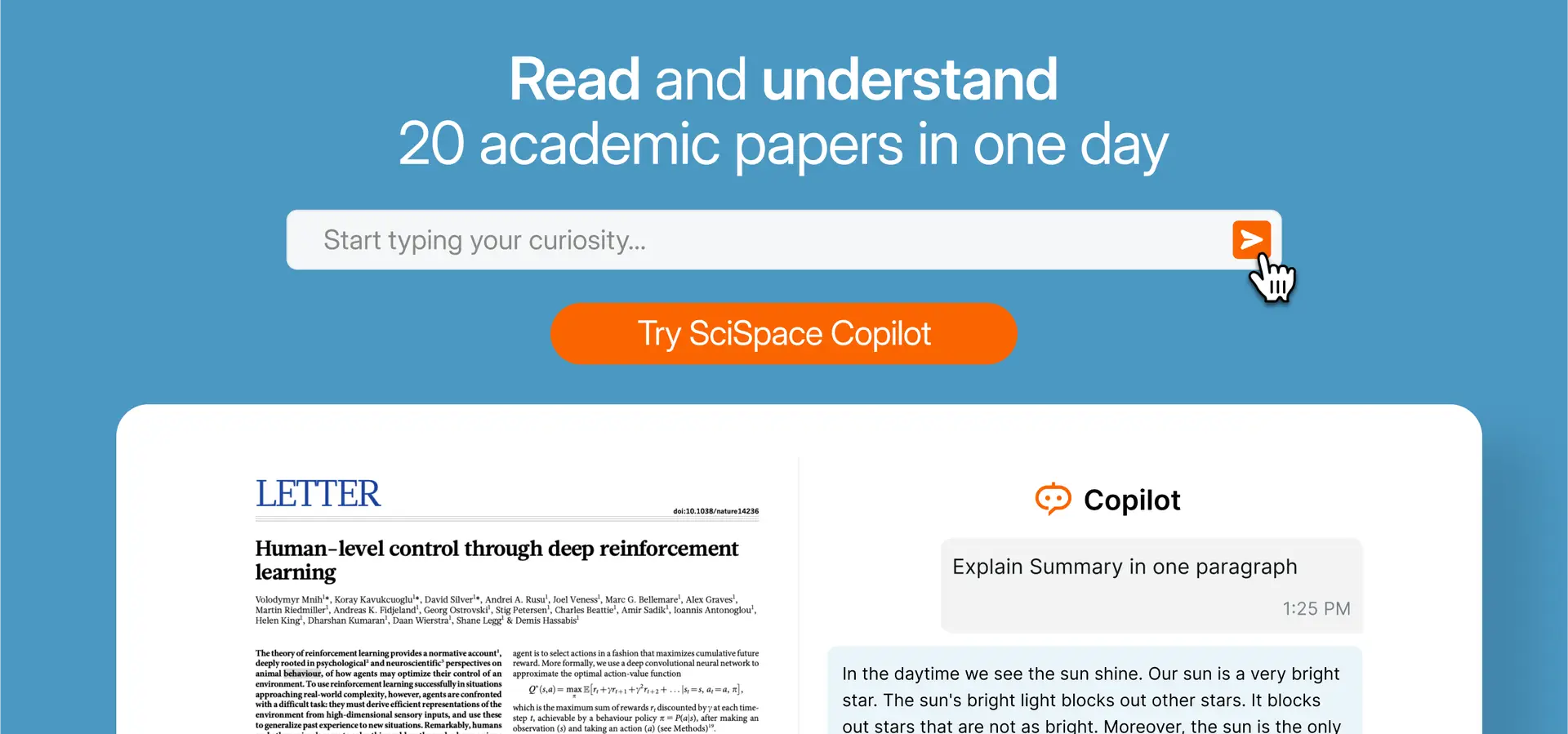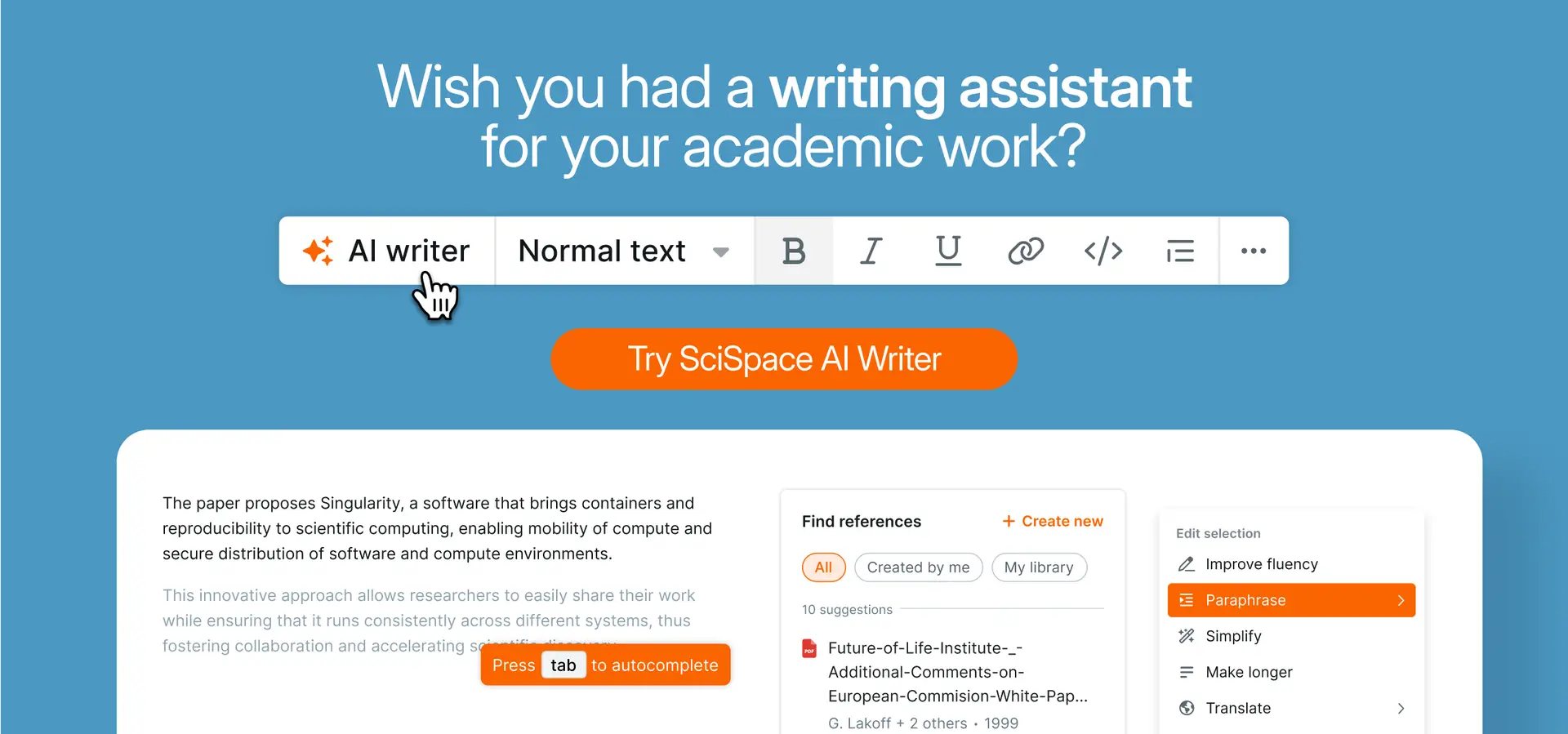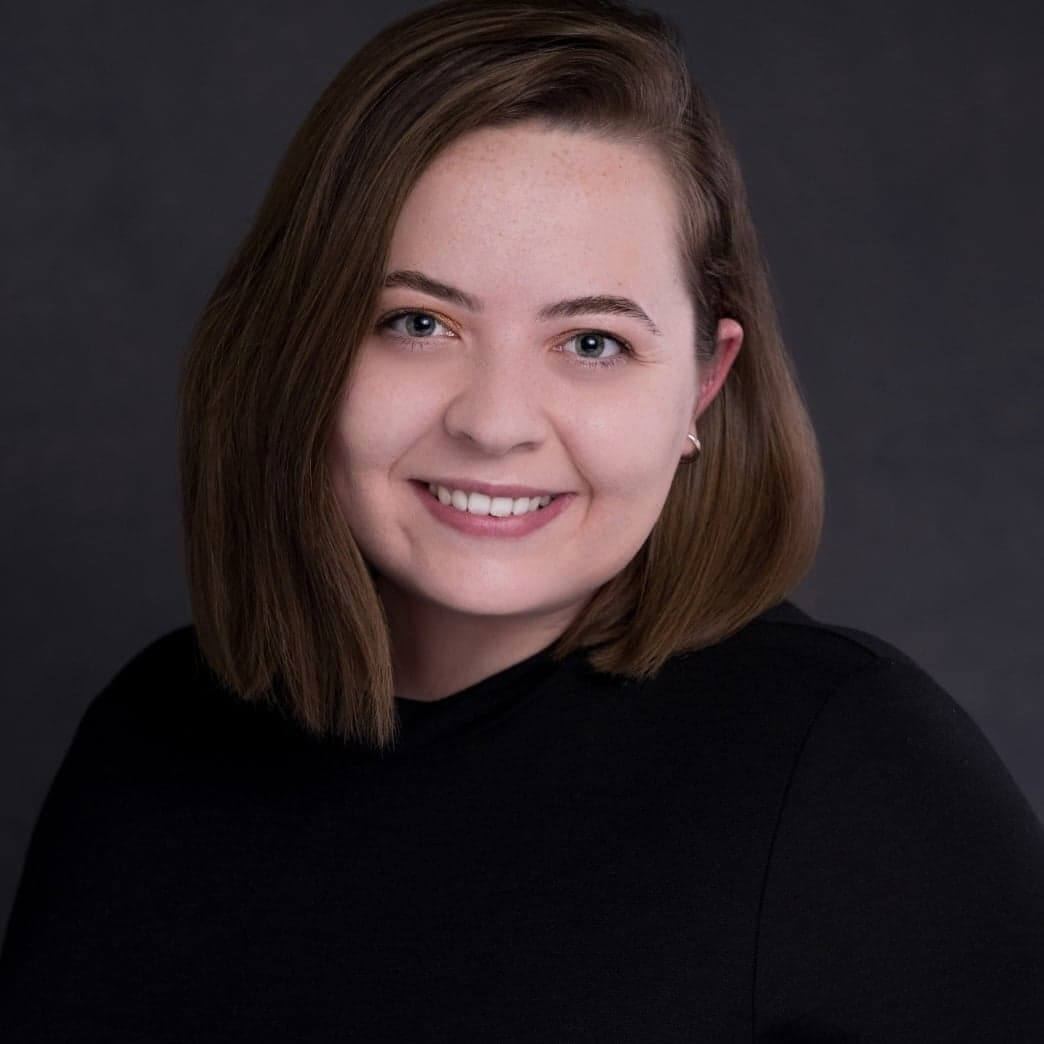My name is Jess Wythe, and I have just completed the first year of my doctoral degree at Birmingham City University. I am combining my two research interests for my thesis by researching the educational value of school trips to heritage sites for learners with autism spectrum disorder (ASD). I am also a first-generation postgraduate and doctoral student and the oldest of three siblings. It is a huge honour to write for The PhD Place, and I look forward to sharing my doctoral journey experiences with you all.
I had wanted to proceed into postgraduate study after graduating with a first-class undergraduate degree – I certainly felt that my academic journey wasn’t over yet. Then, in the midst of the Coronavirus Pandemic, I began my full-time master’s degree in Special Educational Needs and Disability (SEND) in my hometown of Lincoln. My initial idea was to do a PGCE after my master’s degree, but during my master’s studies, I realised that my passion was making a difference within SEND policy and practice. I applied to do my doctoral studies at Birmingham City University (BCU), where I completed my undergraduate study, to conduct SEND-based research. I sent my application with little confidence, as I am so young and inexperienced compared to many PGR students. I was astonished to be offered an interview, let alone a place on the Professional Doctorate in Education (EdD) course at BCU. I am so grateful and feel fortunate to be in this position.
In this article, I wanted to talk about something that has permeated my studies so far – imposter syndrome. In addition to learning about the complexities of educational research, my doctoral studies have facilitated me to learn so much about myself as a learner, teacher, and emerging researcher. I am sure that many of you reading may be able to relate to many elements of this discussion, especially if you also feel that imposter syndrome is not talked about enough within the world of academia.
So, what is imposter syndrome? The following list consists of some of the thoughts and feelings I have had so far during my time in higher education and during my EdD studies, from as early as the process of applying for a postgraduate research degree.
Do any of these thoughts resonate with you?
• Self-doubt
• Personal Incompetence
• Inadequacy
• Lucky
• Failure / Fear of failure
• Under pressure
• A lack of self-confidence
• Comparing yourself to others
• ‘Intellectual fraudulence that override any feelings of success’ (Corkindale, 2008).
The final bullet point is a quote that I read in a blog post by Gill Corkindale for the Harvard Business Review, which really hit home. Especially when I joined my EdD cohort – such an incredible, inspiring group of people, who are unbelievably supportive, and I love to hear their stories. I really do love our EdD family – I learn just as much from hearing about the experiences of my peers as I do from lectures. But, even still, I would constantly fall into the hole of comparing myself to them – I am the youngest in our cohort, and I am so inexperienced compared to them all in a professional practice and research context. I did get quite emotional when formulating this list and writing my feelings down on paper. I admit, while I am in a better place now, having passed the first year of my EdD, the feelings of self-doubt remain. And I believe that imposter syndrome is a subject that should be discussed and acknowledged a lot more within the field of postgraduate research.
The statistics regarding imposter syndrome during doctoral research are elusive and unattainable. Some relevant statistics were attained online, but they were challenging to find, and some are from less recent studies. For instance, the statistic regarding postdoctoral students is from a 2020 small-scale study of psychology students, and these statistics are not necessarily transferrable to the whole.
• 43% of university students suffer from imposter syndrome during their studies (Study Hub, 2021).
• 82% of industry professionals report having self-doubt or personal incompetence (Bravata et al., 2020).
• 88% of postdoctoral students reported that they experienced at least moderate impostor phenomenon feelings (Tigranyan et al., 2020).
Nevertheless, these statistics are quite shocking, and I am curious to see how prominent imposter syndrome is as prevalent in a PhD or EdD context. In a way, I do find some comfort that these statistics make me feel less isolated in my experience. However, it begs the question; why do we not talk about imposter syndrome more?
Within a research context, we talk extensively about methodologies and epistemologies and all the ‘ologies’, ethical considerations, and how researchers are moving forwards with their anticipated research processes and postgraduate research degrees. Still, there is much less of an emphasis on the difficulties.
A module I completed during my first year of my doctoral degree gave us space to analyse our positionality as a learner, teacher and emerging researcher. However, I do wish that there was a focus on the existence and prevalence of imposter syndrome. I hadn’t even heard of the term until I joined Twitter in an educational context. I discovered that other academics are experiencing similar feelings of self-doubt and inadequacy regarding their postgraduate studies.
As an emerging doctoral researcher, I am definitely under a lot of pressure, especially from myself – I am a first-generation postgraduate student, so, of course, I want to make my family proud. I have younger siblings who look up to me, my youngest brother is currently in Year 10 at school, and I really want to be a positive role model to him. However, I believe that the pressure of being a first-generation postgraduate student has contributed to my feelings of imposter syndrome and isolation.
Another significant bout of imposter syndrome related to my chosen research interests. Is my research area considered to be ‘important’? It is important and exciting to me, of course, but it is such a niche and under-researched area; it has passed my mind many times about whether I should dedicate the next 4+ years of my life researching it.
And finally, I admit that I have a definite lack of self-confidence when it comes to my EdD and when it comes to my professional practice. I believe these feelings will always be there, and that’s totally okay. However, the imposter syndrome is slowly starting to diminish as I navigate my way through my EdD studies. I feel that I would not be in the position I am now if I wasn’t capable. The staff at my university believed in me, so why shouldn’t I believe in myself? It has taken a while, but I am gradually starting to come out of my shell and gain the confidence to share my thoughts and experiences with the group during sessions, rather than just hiding at the back of the classroom. I am genuinely looking forward to where my doctoral journey goes next.
Imposter syndrome is definitely something that should be discussed more. It shouldn’t be a ‘taboo’ concept. These feelings are more common than I first anticipated, and you certainly shouldn’t feel alone. I have collated a few points that I would share with prospective and current doctoral students, and even students who have graduated with their doctorates and are navigating the world of academia.
Celebrating your successes is imperative; even something as small as reading a journal article is such an achievement. Also, don’t be afraid to step out of your comfort zone and take every opportunity that you can – talking at this conference today is one of those moments where I am trying something new. Believe in yourself – you have the capacity to follow your dreams and aspirations. And I think, most importantly, have fun during your doctoral studies, and beyond. Enjoy conducting your own unique research within your field(s) of interest.
Since my doctoral journey commenced in September 2021, four years after initially enrolling at BCU as an undergraduate student, I have become so much more confident in my own abilities. I am less afraid to take risks and go out of my comfort zone. You only live once – so take every opportunity given to you and make the most of your university experience. I still feel overwhelmed sometimes, but I have no regrets, and I am thoroughly looking forward to reflecting on my EdD journey.
I really wanted to end this piece with this quote from Dennis Waitley: ‘It’s not what you are that holds you back, it’s what you think you are not.’ I feel that this quotation really encompasses imposter syndrome to a T, especially in the context of academia.
It is absolutely okay to take a step back and celebrate your successes, and I certainly believe that the concept of ‘Imposter Syndrome’ should be discussed more and researched more. The more we talk about imposter syndrome and the more open we are about this quite personal concept – we can recognise these feelings and begin to move forward instead of getting stuck in the cycle of imposter syndrome.










